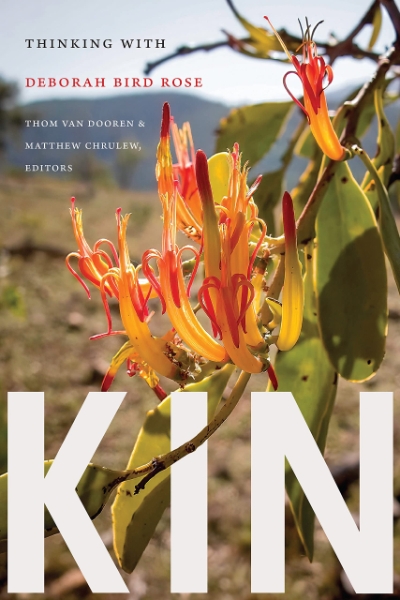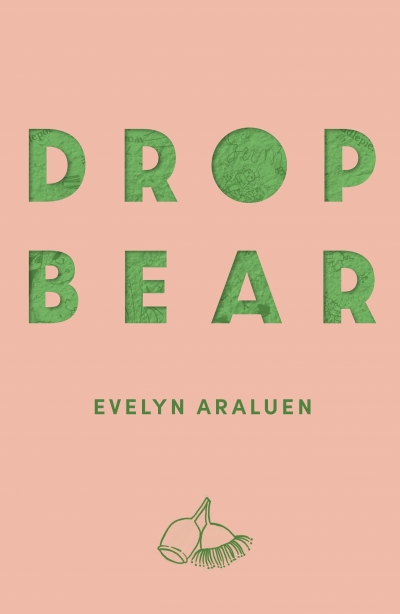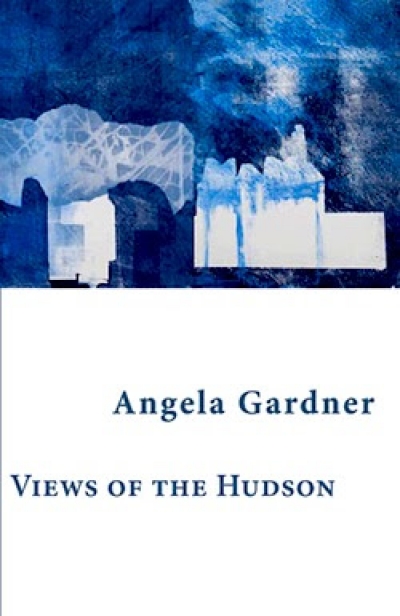Prithvi Varatharajan
Kin: Thinking with Deborah Bird Rose edited by Thom van Dooren and Matthew Chrulew
by Prithvi Varatharajan •
Dropbear by Evelyn Araluen & TAKE CARE by Eunice Andrada
by Prithvi Varatharajan •
Toby Davidson’s first collection, Beast Language, was published nine years ago. That feels surprising: its freshness then makes it feel more recent now. Much of the movement in that book is present in his new collection, Four Oceans (Puncher & Wattmann, $25 pb, 93 pp), literally so, as we begin with a long sequence aboard the Indian Pacific from Perth to Sydney. It’s his younger self again, leaving home for the ‘eastern states’, but with an esprit de l’escalier twist, as that younger self gets to see and describe everything with the eye and language of the older, freer, more assured Davidson.
... (read more)Views of the Hudson: A New York Book of Psalms by Angela Gardner
by Prithvi Varatharajan •



